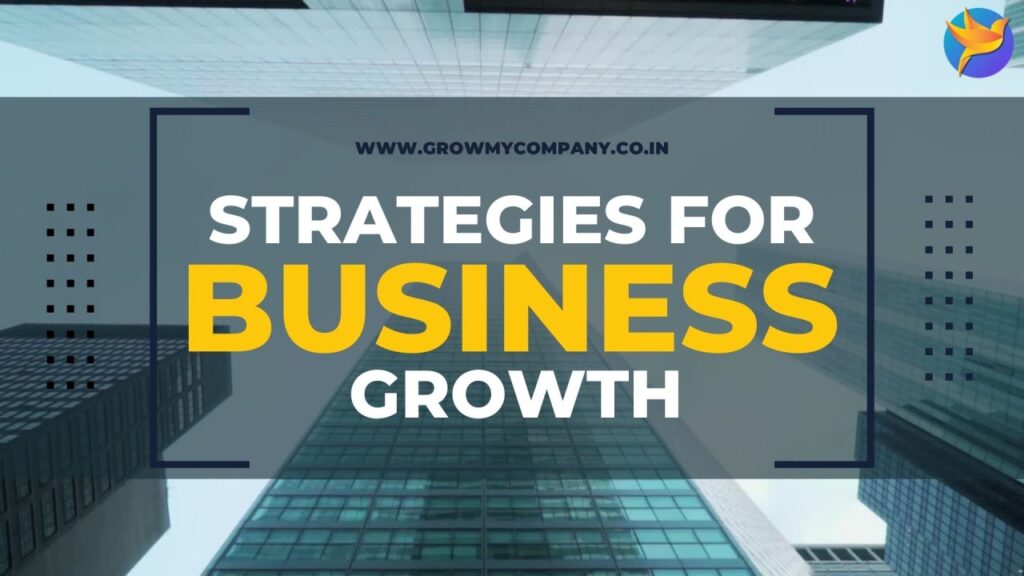
Sustainable Business Strategies for 2024: Building a Strong Foundation for Long-Term Success

In the dynamic and rapidly changing business landscape of 2024, sustainability has emerged as a key driver of success. Building a sustainable business not only benefits the environment but also enhances resilience, attracts customers, and drives long-term profitability. To help entrepreneurs and organisations thrive in this new era, we have compiled a comprehensive guide to sustainable business strategies for 2024, drawing upon the latest information and insights from various credible sources.
1. Embracing Circular Economy:
Adopting a circular economy model is a vital strategy for sustainable business in 2024. This approach focuses on minimizing waste and maximising resource efficiency by designing products that can be easily repaired, reused, or recycled. By implementing circular practices, such as product life extension, material recovery, and remanufacturing, businesses can reduce their environmental impact while creating new revenue streams.
2. Prioritising Renewable Energy:
Transitioning to renewable energy sources is crucial for sustainable business practices in 2024. Investing in solar, wind, or hydroelectric power not only reduces carbon emissions but also offers long-term cost savings and energy independence. Embracing renewable energy can also enhance brand reputation, attract environmentally conscious customers, and drive innovation in the energy sector.
3. Incorporating Sustainable Supply Chains:
Creating sustainable supply chains is becoming increasingly important in 2024. Businesses are expected to trace and monitor their entire supply chain, ensuring ethical sourcing, fair labor practices, and reduced environmental impact. Collaborating with suppliers who share the same sustainability values and promoting transparency throughout the supply chain can build trust among customers and stakeholders.
4. Implementing Digital Transformation:
Leveraging technology for sustainable practices is a key strategy for businesses in 2024. Adopting digital solutions, such as cloud computing, data analytics, and Internet of Things (IoT), can optimize operations, reduce energy consumption, and enhance overall efficiency. Digital transformation also enables remote work options, reducing commuting-related emissions and fostering work-life balance.
5. Fostering a Culture of Sustainability:
Building a sustainable business requires a holistic approach that involves employees at all levels. In 2024, organisations are encouraged to promote a culture of sustainability by integrating it into their values, goals, and employee training programs. Encouraging employee engagement, recognising sustainability initiatives, and providing incentives can create a motivated workforce committed to driving positive change.
6. Engaging with Stakeholders:
In 2024, businesses are increasingly expected to engage with stakeholders, including customers, communities, and investors, in sustainability efforts. Transparent communication about sustainability goals, progress, and challenges can build trust and loyalty among customers. Engaging with local communities through corporate social responsibility initiatives and collaborating with investors who prioritise environmental, social, and governance (ESG) factors can attract long-term support and investment.
7. Investing in Innovation:
Innovation plays a crucial role in sustainable business strategies for 2024. Businesses need to invest in research and development to create innovative products and services that address sustainability challenges. Collaborating with startups, universities, and research institutions can foster a culture of innovation, leading to breakthrough technologies and solutions that drive sustainable growth.
As we enter 2024, building a sustainable business is no longer an option but a necessity. By embracing circular economy principles, prioritising renewable energy, incorporating sustainable supply chains, implementing digital transformation, fostering a culture of sustainability, engaging with stakeholders, and investing in innovation, businesses can position themselves for long-term success while positively impacting the planet. By adopting these strategies, organisations can set themselves apart, attract customers, and thrive in the dynamic and sustainable business landscape of 2024 and beyond.

